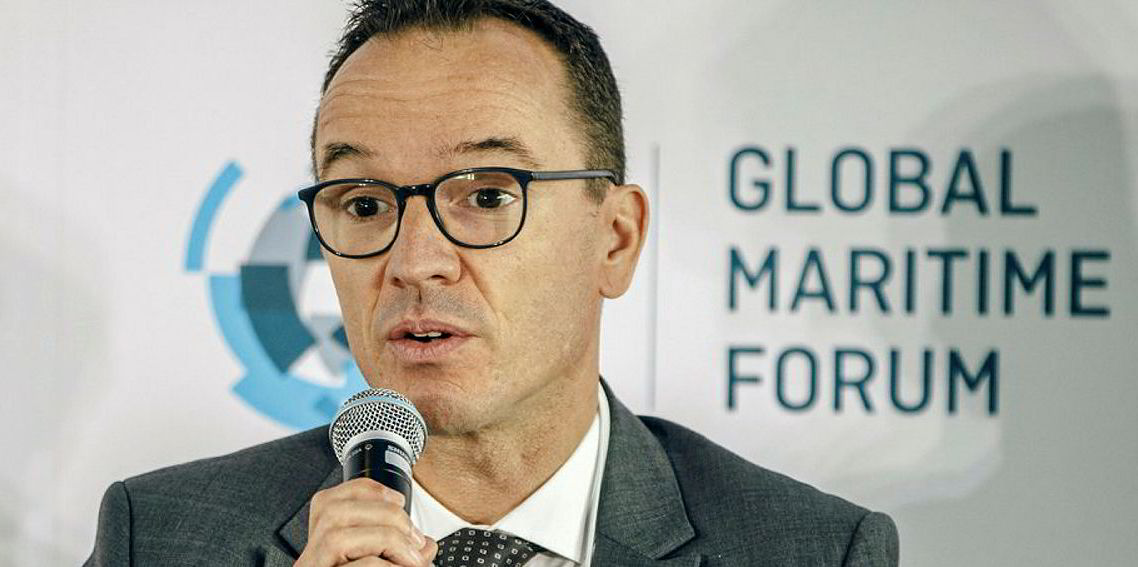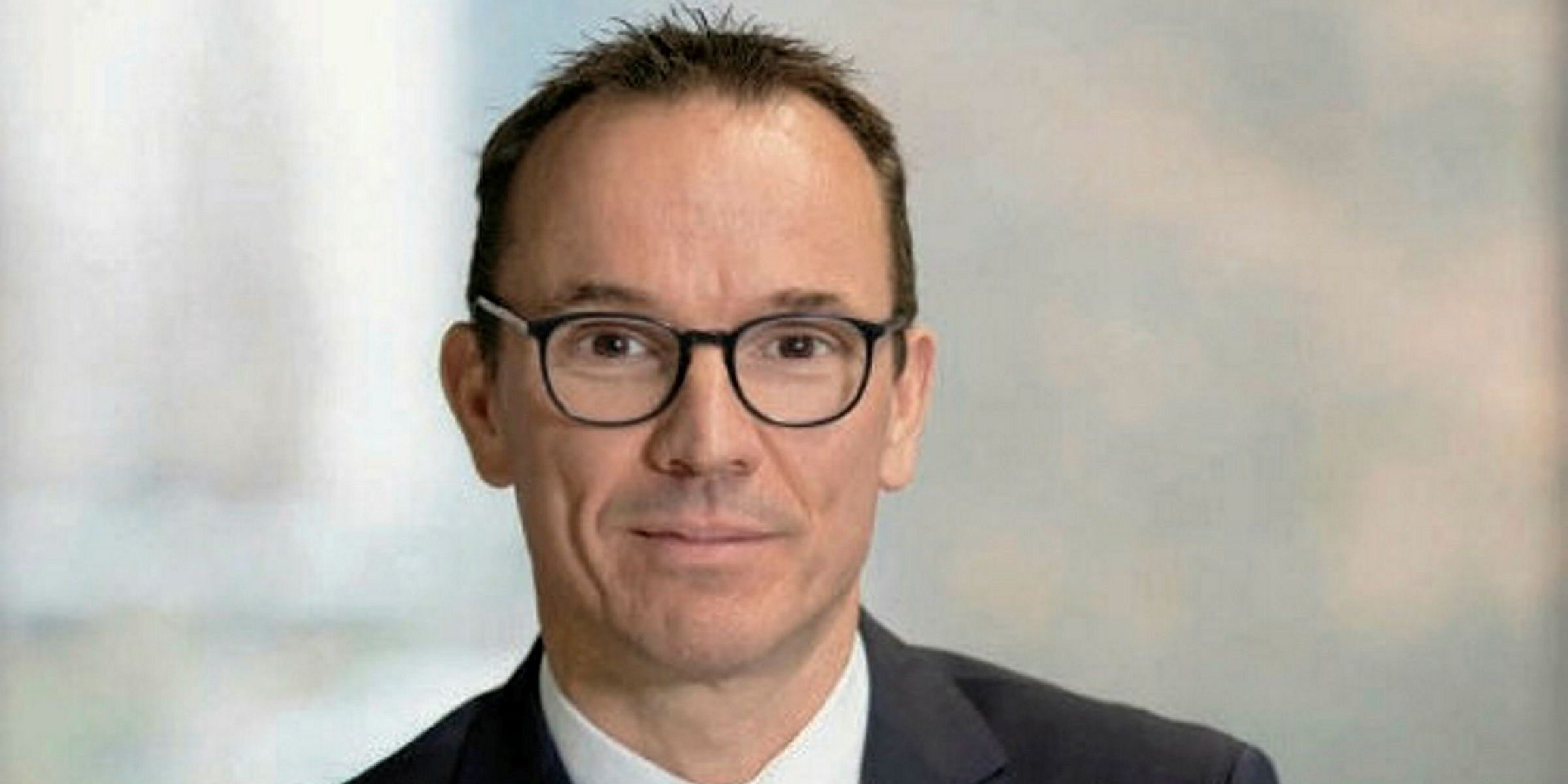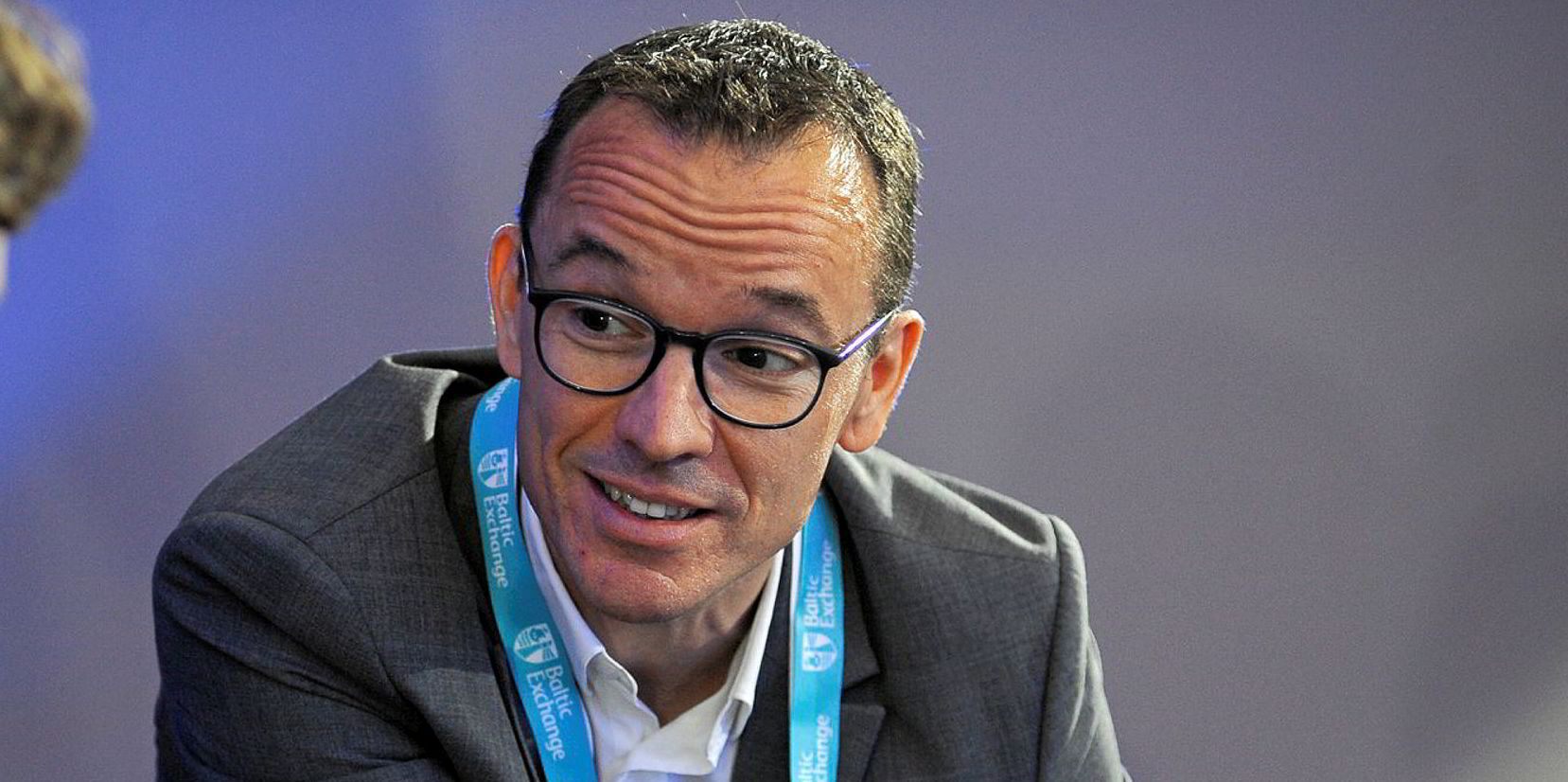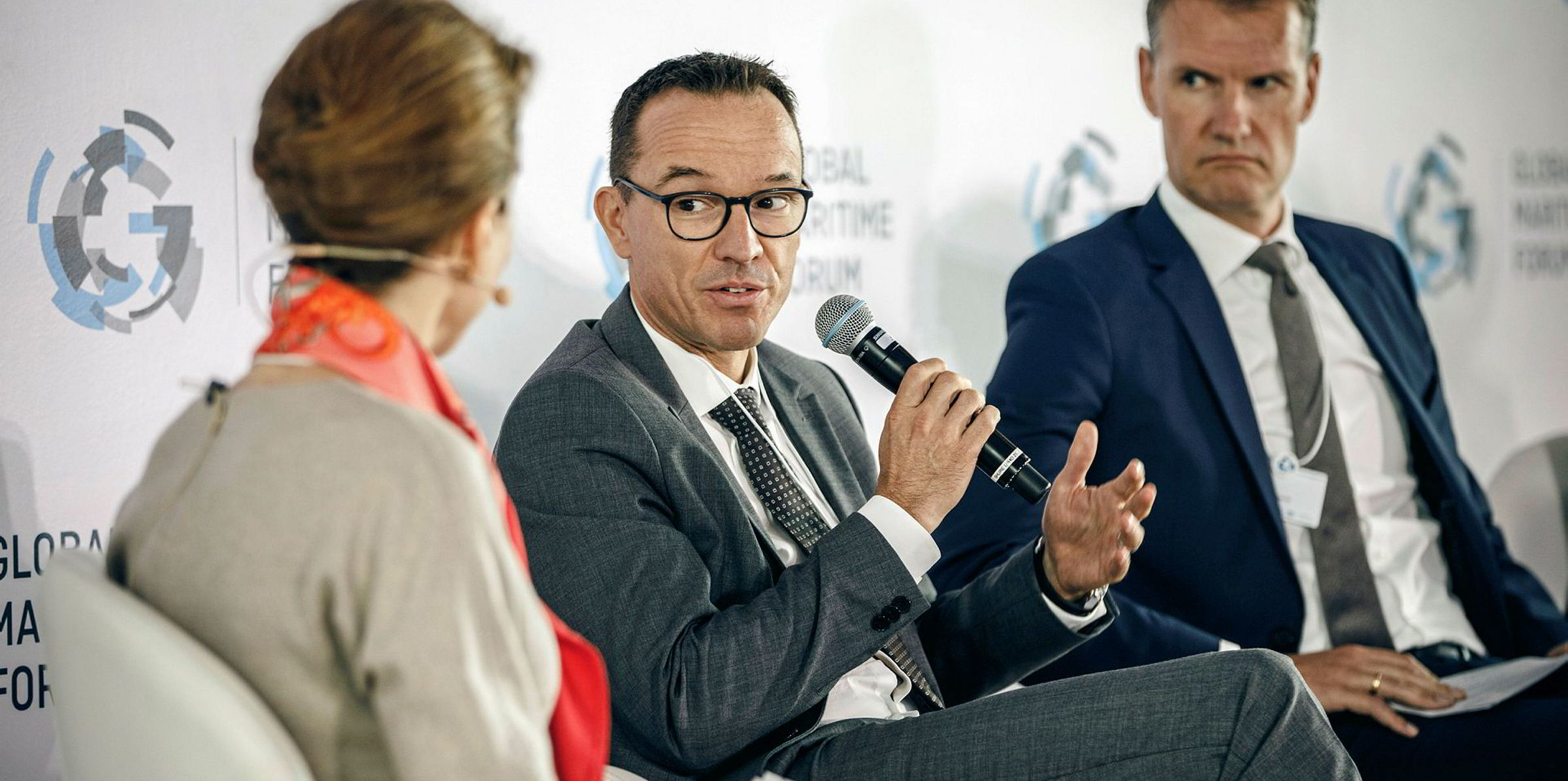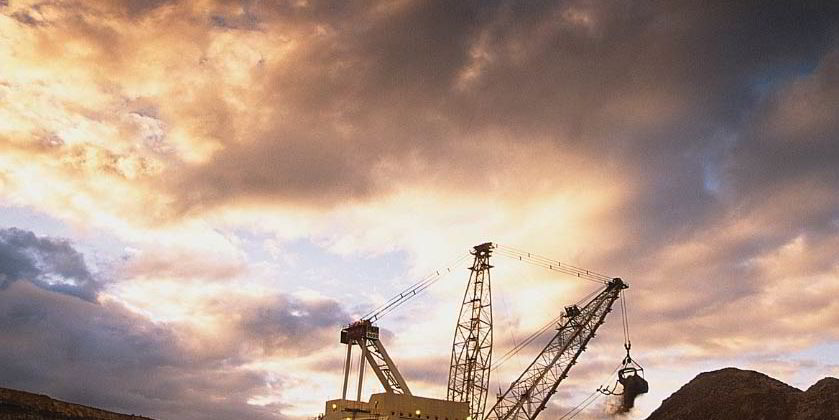Jan Dieleman has emerged as one of shipping’s most forceful advocates for environmental, social and corporate governance issues in less than five years since he joined the industry.
His voice has particular impact due to his position as one of the world’s biggest charterers: he is head of shipping operations for major agri-products and trading house Cargill.
The Geneva-based executive’s vision of sustainable shipping being “modern, green, and profitable” will influence the industry’s approach to key challenges in the decades to come.
Even before Dieleman’s appointment as Cargill Ocean Transportation’s business leader in 2016, America’s largest private firm had been pursuing clean shipping.
In 2012, under his predecessor, Roger Janson, the shipping unit committed to not chartering the most polluting vessels based on an emissions index developed by RightShip, a vessel-rating agency partly owned by Cargill, and Carbon War Room, a non-profit organisation founded by British entrepreneur Sir Richard Branson to address climate change.
But Dieleman has taken Cargill’s participation in initiatives for green shipping to another level.
The Dutch national, who graduated from the University of Maastricht with a master’s degree in economics, marketing and organisation, joined Cargill in 1999 as a management trainee in Amsterdam.
He became head of its coal trading business in 2012 and subsequently led the power and gas unit in North America before heading Cargill Ocean Transportation.
Under the energetic executive, Cargill’s shipping unit joined the Trident Alliance in 2016 to ensure robust implementation of marine fuel sulphur rules.
Cargill is also believed to be one of the driving forces behind the Global Maritime Forum (GMF), arguably the largest platform for discussions on sustainable shipping.
Dieleman had sat on the advisory board of the forum since October 2018 before becoming a board member in March this year.
Via the forum, Cargill took part in drafting the Poseidon Principles, which aim to establish a global framework for financiers to align with the International Maritime Organization’s target to halve greenhouse gas (GHG) emissions from international shipping by 2050.
Dieleman played a leading role in getting the GMF’s Sea Cargo Charter agreed between a group of the world’s largest cargo interests earlier this month.
As chair of the drafting group of the “charterers’ charter”, Dieleman helped bring together Anglo American, ADM, Bunge, Cargill, Dow, COFCO, Norden, Shell, Trafigura and others to align their GHG emissions reporting.
Cargill has also joined the Getting to Zero Coalition to develop commercially viable zero-emission vessels for deepsea trade by 2030. This coincides with a group-wide target to reduce GHG emissions from its global supply chains by 30% by the same year.
It has also signed up for the Maritime Anti-Corruption Network, the North American Marine Environment Protection Association and the Women’s International Shipping and Trading Association.
The shipping unit is aiming to cut CO2 emissions from its fleet by 15% from 2016, and increase female representation in leadership roles by 10% compared with 2015, within this year.
This means Cargill, which has more than 600 bulkers and product tankers in its chartered fleet, will continue to seek to lease vessels with high energy efficiency and develop operational means to cut emissions.
Dieleman is also leading efforts to standardise shipping emissions reporting after Cargill corrected inconsistencies in its own figures.
Under the advisory effort of classification society DNV GL, the company calculated that its aggregate cut was only 4.8% between 2016 and 2019.
Dieleman does not see this as a setback but a chance for industry-wide improvement. He tells TW+: “We need to continue encouraging people to be more transparent around reporting emissions, as well as continuing to form partnerships within the industry.
“The biggest challenge facing the shipping industry is decarbonisation and it remains our top priority because of the complexity of the issue.
“As a leader in the industry, we have a key role to play to accelerate the reduction of CO2 emissions from shipping — both in the short term and as part of our longer-term ambition towards exceeding the IMO’s 2050 target.”
As such a big user of shipping, Dieleman and Cargill’s efforts carry weight.
